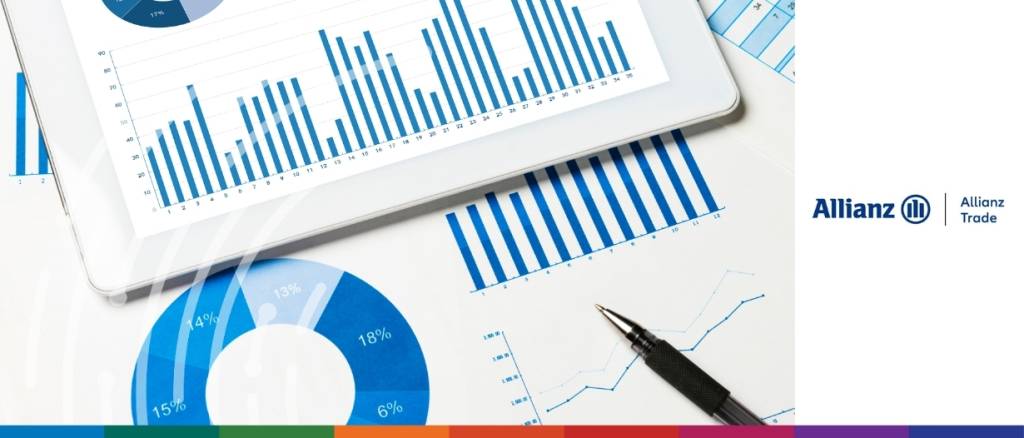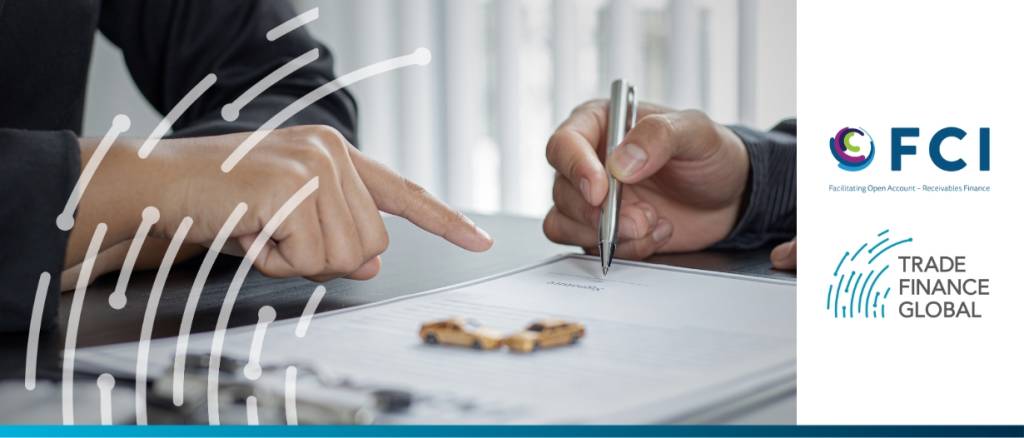The survey, conducted across approximately 4,500 companies in nine countries (China, France, Germany, Italy, Poland, Singapore, Spain, the UK, and the US), reveals that close to 60% of firms expect… read more →
The collaboration aims to marry supply chain financing with PBX’s digital ecosystem. PBX, a business-to-business digital transaction management platform, serves some of the largest buyers in the fast-moving consumer goods… read more →
ANZ, the Australian bank, has joined the Monetary Authority of Singapore’s (MAS) Project Guardian. Project Guardian is a collaborative initiative to explore the potential of tokenised real-world assets in financial markets.
Trade Finance Global (TFG) and FCI are thrilled to launch its latest whitepaper. At FCI’s 56th Annual Meeting in Seoul, a panel of experts discussed the intricate relationship between credit insurance and factoring.
Often described as the lifeblood of international commerce, a bank can only refuse payment under an LC if the documents are non-compliant or if the seller who seeks presentation, has… read more →
The European Union (EU) and Singapore have successfully concluded negotiations for a landmark Digital Trade Agreement (DTA), an initiative aimed at setting global standards for digital trade and cross-border data flows.
Learn how IFC and DBS Bank are bridging the global trade finance gap and supporting trade financing in emerging markets.
According to Ravi Menon, the Monetary Authority of Singapore’s (MAS) managing director, Singapore is set to trial the live issue and utilisation of wholesale central bank digital currencies (CBDCs) in… read more →
The overreaching arc of sanctions regulations is threatening the certainty of payments guaranteed by the smooth functioning of letters of credit (LC) in international trade. This tension recently played out in the Singapore courts in a judgment handed down recently (Kuvera Resources Pte Ltd v JPMorgan Chase Bank, N.A. [2023] SGCA 28).
For centuries, trade documentation has been a time-intensive and resource-demanding process, involving a multitude of stakeholders and a deluge of paperwork. Central to this process is the bill of lading, the most critical document in international trade.
























